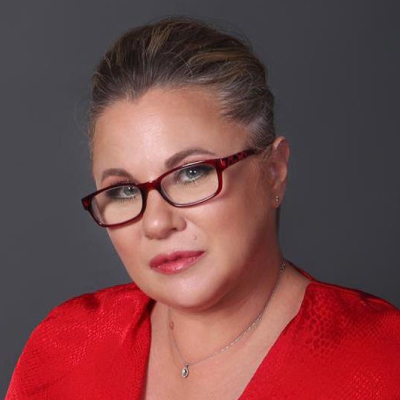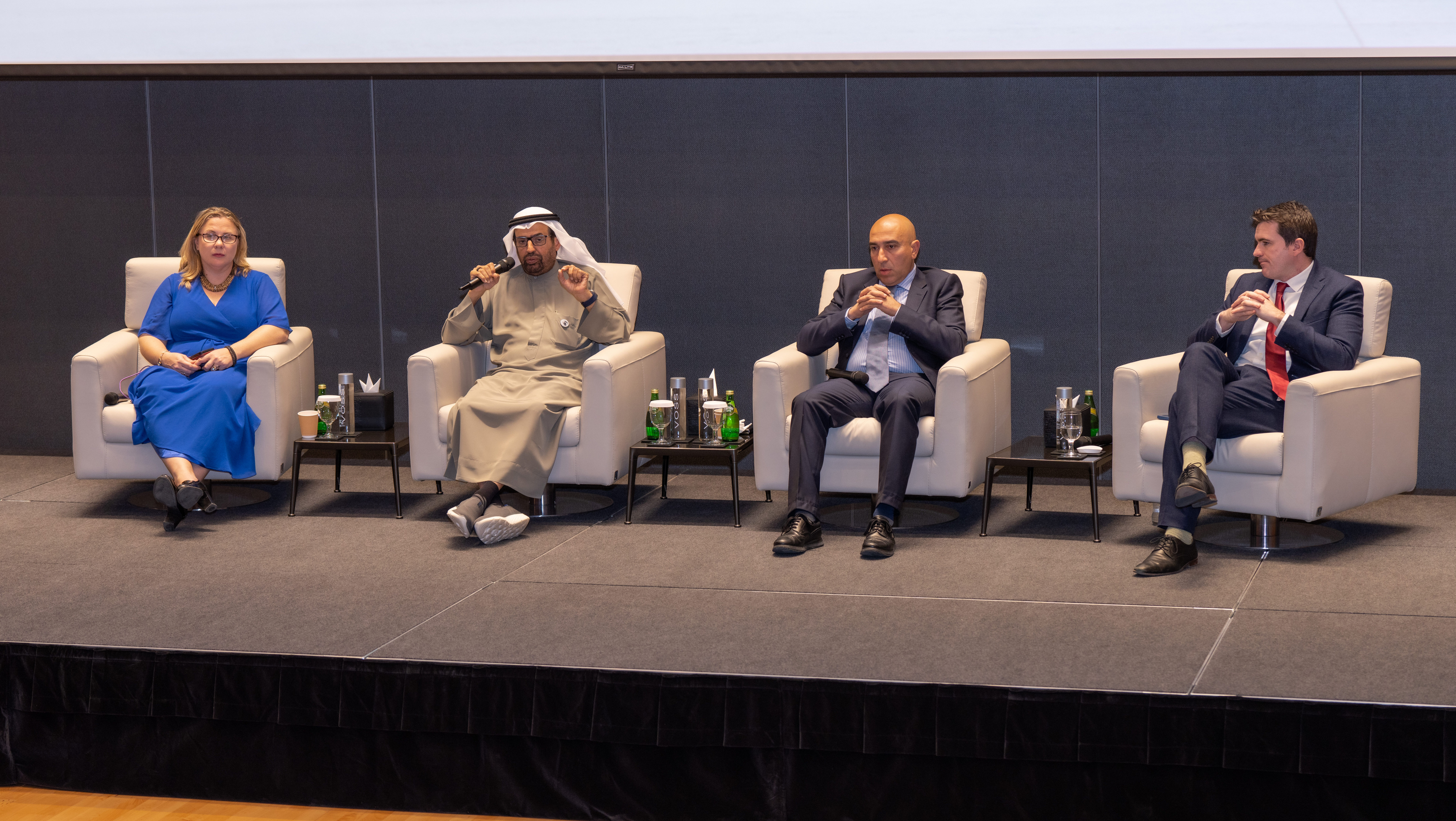Abraham Accords, Israel, Palestine and the Path to Peace
The winds of war are blowing again in the Middle East. Israelis die in terrorist attacks, while angry settlers take revenge on a whole Palestinian village and receive full support from the extreme-right members of the Knesset and even government ministers. As the holy month of Ramadan approaches, the fears of a full-blown conflict that might reignite in the region are growing, and the threat looks almost inevitable. In the minds of the warring sides the only desirable outcome is full defeat of the other side. Transfer. Annihilation. Go back to your country. Disappear.
But what if things didn’t have to look this way? What if there was a place here in the Middle East for everyone? What if you could win only if you knew that the other side would win too?
In 2020, the United Arab Emirates and Bahrain signed the Abraham Accords normalization treaty with Israel. They were later joined by Morocco and Sudan. Israel stopped its declared plans to annex the Jordan Valley; the polls showed that the vast majority of Israelis – over 85% – supported peace with the UAE over annexation that would be followed by another war with the Palestinians and international ostracism of Israel. This happened less than three years ago and there is no doubt that the accords were a great success.
The Palestinian leadership at the time rejected the accords and its spirit, and consequently the Palestinians were left out. Some in Israel got the wrong impression that the fallout between the Palestinian leadership and Abu Dhabi was proof that the Arab world, and in particular the UAE, no longer care about Palestine. Instead of using this unique opportunity in order to leverage relations with the Palestinians by involving them in the new and positive regional dynamics, Israeli politicians decided that the Abraham Accords were a carte blanche for their transgressions against the Palestinians.
What if the situation were different and the Palestinians – along with Israelis – would be able to enjoy the joint investments, trade, tourism opportunity and, most importantly, work together will all parties for a just solution on the regional level?
Give the gift of hope
We practice what we preach:
accurate, fearless journalism. But we can't do it alone.
- On the ground in Gaza, Syria, Israel, Egypt, Pakistan, and more
- Our program trained more than 100 journalists
- Calling out fake news and reporting real facts
- On the ground in Gaza, Syria, Israel, Egypt, Pakistan, and more
- Our program trained more than 100 journalists
- Calling out fake news and reporting real facts
Join us.
Support The Media Line. Save democracy.


In mid-February, ROPES – the Regional Organization for Peace, Economics and Security organized its first public event in Abu Dhabi titled “Abraham Accords, Israel, Palestine and the path for peace,” hosted by Anwar Gargash Diplomatic Academy in Abu Dhabi. The panelists – H.E. Dr. Ali Rashid al-Nuaimi, a member of the UAE Federal National Council for the Emirate of Abu Dhabi and chairman of its Defense Affairs, Interior and Foreign Affairs Committee; Samer Sinijlawi, the founder of the Jerusalem Fund; and John Lyndon, executive director at Alliance for Middle East Peace (ALLMEP) – discussed the troubling situation on the ground, as well as ways to diffuse the tension and the necessity to avert the violence and work together for peace.
“If there is a third intifada we don’t know where it will take us. That’s why we have to be proactive. Otherwise, both sides will suffer. But now we can do something to stop it,” Nuaimi said. He added that the whole region can benefit from the positive dynamics of the Abraham Accords: “There is no way back from the Abraham Accords. In the UAE, we believe that the accords are the future, not just for the UAE but for the whole region.”
Sinijlawi criticized the Palestinian leadership for its “childish” response to the Abraham Accords, stressing the UAE’s longtime support for the Palestinian cause.
“How can we as Palestinians afford to lose a friend as great as the Emirates,” he said, reminding the audience that the UAE had stopped the annexation that was planned by Netanyahu’s government during the summer of 2020. Sinijlawi stressed that the current bilateral framework will not benefit the Palestinians.
Lyndon, whose Alliance for Middle East Peace represents 170+ organizations creating people-to-people ties between Israelis and Palestinians, spoke about the importance of people-to-people connections between Israelis and Palestinians to create “constituencies for peace.” He said that the UAE could play an important role as a “convener” of such interactions, hosting discussions and advancing cooperation between Israelis and Palestinians.
There is no doubt that, following the signing of the Abraham Accords, the UAE, as well as Bahrain and Morocco, acquired more leverage and influence over Israel, which values the Abraham Accords and aspires to expand them to other countries in the Middle East, in particular Saudi Arabia.
For the last two months, the Arab partners of Israel have rebuked Knesset lawmaker Itamar Ben-Gvir’s brief tour of The Temple Mount/Al-Haram al-Sharif compound and have warned Israel about expanding construction in West Bank settlements, while the visit of Netanyahu to Abu Dhabi has been postponed indefinitely. But the Arab countries can also use their power to advance solutions that will benefit the Palestinians, such as Moroccan mediation around the operating hours of the Allenby Bridge border crossing into Jordan; Egyptian efforts to cool down the situation in Gaza; Jordanian attempts to prevent escalation in Jerusalem; and Emirati humanitarian and diplomatic support to the Palestinians.
This influence must be leveraged now, before it’s too late and the region plunges into another round of violent struggle. At ROPES, we believe that this region has too much to lose and a great deal to gain from multilateral cooperation and integration that will produce both an opportunity to grow and develop, as well as the positive climate and trust necessary to resume the path to peace.


